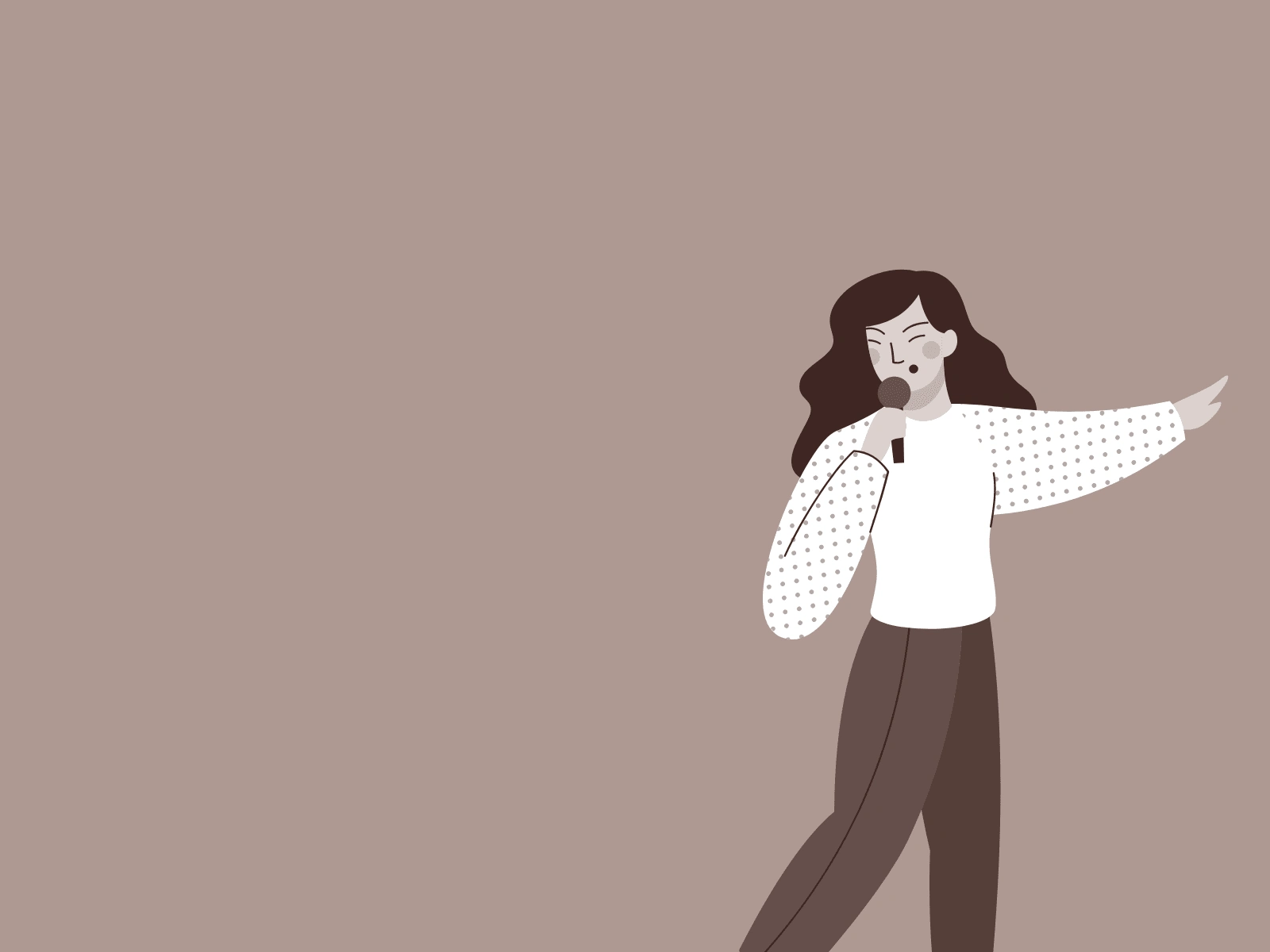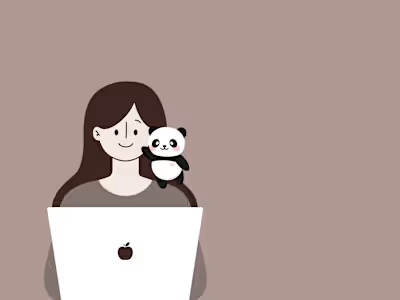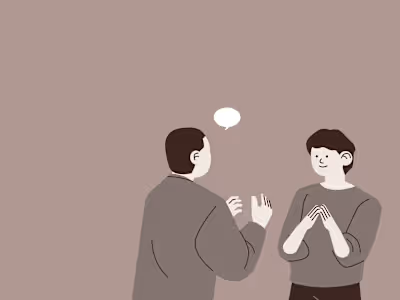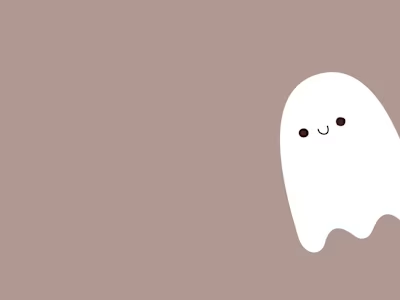Eurovision 2024 | Content Brief + Blog Post
Type of project: SEO Blog Post | Content Writing | Content Briefing
Industry: Entertainment
Length: 1000+ words
Other writers involved: None
Premise
This is an unpublished blog post, a mock-up project designed to showcase my writing style and approach. If you’re looking for published work, you'll find plenty here.
Want to jump to the final result? Scroll down, down, down, and you'll find it there 😊
How I Did It
Content Brief
Every great piece begins with a detailed content brief. For this blog post about the Eurovision Song Contest 2024, I started by identifying keywords that fans might search for, such as "what time does Eurovision start" and "Eurovision final start time." I used Ahrefs for accurate keyword research.
Understanding the search intent was crucial. As Eurovision is a global event, I realized that readers were not just looking for start times but also how these times translated across different time zones. This insight helped shape the content to be genuinely useful, allowing fans globally to know exactly when to tune in.
I also identified frequently asked questions to directly address the most common queries from the audience, ensuring the content was highly relevant and informative.
To better serve my readers, I conducted a competitor analysis. A deep dive into current resources like Eurovision's official site and entertainment news outlets revealed that while information was plentiful, it lacked depth — something I aimed to provide. I saw an opportunity to include details such as historical context and insights, making the blog informative and rich with those tidbits of knowledge that people love.
Selecting the right titles and meta descriptions is a crucial part of content strategy. The titles were crafted to be both informative and create anticipation, using the right search terms to improve SEO visibility.
For meta descriptions, I aimed to convey urgency and relevance, encouraging readers to click through to find out more.
The outline is the final element of the content brief. It was carefully structured to guide readers through the information smoothly and logically.
Blog Writing
With a solid brief in hand, I moved on to the actual writing. My blog kicked off with an introduction to Eurovision 2024, set in the vibrant city of Malmö, Sweden. I painted a picture of the excitement and the unity that music brings, setting the stage for what readers could expect.
The blog detailed the dates and start times, but also expanded on the uniqueness of this year's event. From new rules affecting the performance order to the inclusion of diverse languages and the return of Luxembourg after 31 years, the content was packed with interesting facts that a Eurovision fan would treasure.
The final result is a resource that helps Eurovision fans get the most out of their experience. By addressing frequently asked questions, providing updated information, and injecting a bit of fun with cultural insights, the blog stands out as a go-to guide for the 2024 event.
This project is a great example of how I approach content creation — with thoroughness, creativity, and an unwavering focus on the reader's experience. Here's how it looks!
The Final Result
CONTENT BRIEF
KEYWORDS
what time does Eurovision start (focus keyword)
eurovision final start time
what time does eurovision start saturday
eurovision 2024 dates
SEARCH INTENT
The reader wants to ensure they don't miss out on Eurovision. They're looking for the start time, possibly across different time zones, to know exactly when to watch it and plan accordingly.
FREQUENTLY ASKED QUESTIONS
What time does Eurovision start?
What time is Eurovision on Saturday?
Who can vote in Eurovision?
How many countries are in the Eurovision finals?
Where can I watch Eurovision?
Why are 5 countries in the Eurovision final?
Is autotune allowed in Eurovision?
Why are Eurovision songs 3 minutes long?
What country has won Eurovision the most?
Can you win Eurovision 2 years in a row?
Is Eurovision the biggest song contest in the world?
What happens when you win Eurovision?
COMPETITOR ANALYSIS
What we can see from the initial search results for our main keyword is that most are still focused on the previous edition, despite the event being close to starting. This is significant because it means we have the opportunity to be among the first to share information about the 2024 edition of the event. Let's explore what we can gather from each source.
For context: This post was written three weeks before the beginning of Eurovision 2024.
This is the most direct source of information, offering official dates, schedules, and event-related announcements.
Gaps & Opportunities: Although it is an official source, this site doesn't offer comprehensive insights or engaging content about the event. We could add value by providing analysis, historical context, or fan perspectives on the 2024 edition, highlighting what makes it special.
CNN offers a broad explainer about the Eurovision Song Contest, focusing on its significance, how it works, and summarizing the previous year's event.
Gaps & Opportunities: While this articles is informative, it lacks real-time updates and specific logistical details. We could enhance our content by focusing on delivering up-to-the-minute news related to our keyword "what time does Eurovision start" for the 2024 event and providing insights that delve beyond the basics.
This source provides specific information on dates, hosts, and viewing options for the 2023 edition.
Gaps & Opportunities: Radio X caters to a fanbase interested in practical information. We could provide a similar level of detail for the 2024 event.
Thrillist focuses on how to watch the competition, including details about streaming services and watch parties.
Gaps & Opportunities: Thrillist appeals to a younger, more nightlife-oriented audience. If it aligns with our brand, creating an analysis or guide that details the "Eurovision final start time" and how to maximize the viewing experience — including international viewing parties or streaming tips specific to various time zones for the 2024 event — could be a valuable addition.
This source provides a comprehensive overview of the event's logistics, such as timing, hosting, and ticket information, but it pertains to last year's event.
Gaps & Opportunities: We can be at the forefront by offering an easy comparison of changes or updates from the previous year to fulfill an audience need for timely data.
Given that the first results are still focused on the previous edition, here's what we can do:
Use updated information regarding Eurovision 2024, specifically focusing on start times and dates across different time zones, as this event is broadcast globally.
Beyond merely listing dates and times, we should provide context. This could include highlighting changes from previous years and detailing what makes the 2024 edition special.
If feasible, we might integrate an interactive calendar or countdown to the event, features that are not offered by direct sources.
If allowed, we could add links to related videos for additional context, such as interviews with returning participants or fan reactions from social media. These elements would enhance the engagement and depth of our coverage.
TITLE SUGGESTIONS
Eurovision 2024: Kick-Off Time, Dates, And What You Need To Know
Ready For Eurovision 2024? Here's When It Starts, Dates, And All The Facts
When to Tune In: Eurovision 2024 Start Times and Dates Detailed
What Time Does Eurovision Start? Everything About The 2024 Edition
META DESCRIPTION IDEAS
Mark your calendar! Get the definitive Eurovision 2024 start times and dates, and never miss a moment of the grandest song contest in Europe.
Seeking Eurovision 2024 details? Find out exactly what time it starts, the key dates, and facts to catch every performance and vote on time.
Answering the big question: What time does Eurovision start in 2024? Find out key dates, start times, and essential viewing info all in one place.
OUTLINE
[H1] TITLE
A brief introduction to Eurovision, highlighting its global appeal and the excitement building up to the 2024 event. This guide will inform readers about when to watch, what to expect, and everything they need to know.
[H2] Eurovision 2024 Dates and Start Times
We will explore when Eurovision 2024 kicks off, focusing on the grand final.
[H3] Start Times by Time Zone
A list or a table of start times across various global time zones will be provided.
[H2] What's New in Eurovision 2024?
We will discuss what makes the 2024 edition unique, including any new rules, themes, or notable changes.
[H2] What Else You Need to Know About the Event
We will cover additional essential details and interesting facts that both fans and new viewers might like to know.
BLOG POST
[H1] Eurovision 2024: Kick-Off Time, Dates, And What You Need To Know

The countdown to Eurovision 2024 is officially on! This May, the world's attention turns to Malmö, Sweden, where the latest chapter of the iconic international song contest begins.
The show, for the fourth year in a row, is hosted away from a capital city, following Rotterdam in 2021, Turin in 2022, and Liverpool in 2023. With the theme "United By Music," Eurovision 2024 promises to bring together diverse musical styles and crazy performances, in tune with the long-standing tradition of the show.
What time does Eurovision start? Who can vote? When is the final? Here are all the answers and facts you're looking for!
[H2] Eurovision 2024 Dates and Start Times
The show kicks off with the semi-finals on May 7th (Tuesday) and 9th (Thursday), each starting at 21:00 / 9 PM (CEST). The Eurovision final start time is set for May 11th (Saturday) at the same hour.
This timing means the event will start at different hours across the globe, accommodating international viewers:
Eastern Daylight Time (EDT): 3 PM on the day of the event
Pacific Daylight Time (PDT): 12 PM (noon) on the day of the event
British Summer Time (BST): 8 PM on the day of the event
Australian Eastern Standard Time (AEST): 5 AM the following day
[H2] What's New in Eurovision 2024?
Eurovision 2024 in Malmö is set to be a year of exciting innovations and notable returns, marking changes that promise to make the show better than ever.
[H3] New Rules for the Grand Final Running Order
A significant change this year is the introduction of the "Producer's Choice" category in deciding the Grand Final running order. Traditionally, after qualifying from the Semi-Finals or being part of the "Big 5", artists were randomly assigned through a draw to perform either in the first or second half of the Grand Final.
Now, artists have a third option — Producer's Choice — which allows show producers more flexibility to place a song anywhere in the running order, whether it's the first or second half. This move aims to make each song stand out and create a more dynamic and engaging show by avoiding cases where tracks of similar style or tempo are performed in sequence.
[H3] Permanent Slogan: "United by Music"
2024 marks the adoption of a permanent slogan for Eurovision, "United by Music", which was first used in 2023. This shift from a unique annual slogan to a permanent one is part of a broader strategy to strengthen the contest's global brand identity.
[H3] Luxembourg's Return and Diverse Languages
Eurovision has a flock of fans who enjoy seeing artists perform in their native language. The 2024 edition won't disappoint, with several countries performing songs entirely or partially in their native languages. Notably, Armenia, Azerbaijan, Estonia, France, Greece, Israel, Italy, Lithuania, Luxembourg, Netherlands, Norway, Portugal, Serbia, Slovenia, Spain, and Ukraine are embracing their linguistic heritage.
Australia will feature a mix of English and Yankunytjatjara, a language spoken in the Southern part of the country, making the cultural richness of the contest even more interesting.
Last but not least, Luxembourg is returning to the contest after a 31-year hiatus — it doesn't get more exciting than this! Or does it?
[H3] Voting Opens Early for Fans Worldwide
Great news for fans in non-participating countries! For you, voting will open nearly 24 hours before each live show starts. This extended voting period is designed to increase global engagement, allowing more fans to have their say in the outcomes of the semi-finals and the grand final.
[H3] Big Five and Sweden's Participation in Semi-Finals
This year, the "Big 5" countries — France, Germany, Italy, Spain, and the United Kingdom — along with the host country, Sweden, will perform in the semi-finals. This adjustment ensures that all participating songs are presented to the public and the juries along with the competing acts before the Grand Final, instead of just showing a snippet of their performance.
[H2] What Else You Need to Know About the Event
Who can vote in Eurovision? Viewers from all participating countries have the opportunity to vote for their favorite performances via the official Eurovision Song Contest app, phone, and SMS, with instructions displayed during the live Semi-Finals and Grand Final.
If you're watching from a non-participating country, you'll be able to vote through the app or at www.esc.vote, where you'll get specific instructions for your country. You can't vote for the country you live in.
How many countries are in the Eurovision finals? The Grand Final of Eurovision features 26 countries competing for first place.
Where can I watch Eurovision? Eurovision is accessible globally. You can watch it on the official Eurovision YouTube channel with no commentary or through national broadcasters in participating countries. The specific broadcaster varies by country.
What country has won Eurovision the most? Ireland and Sweden hold the record with seven wins each, with Sweden getting its most recent victory in 2023, securing Malmö as the host city for 2024.
Can you win Eurovision two years in a row? Yes, it's possible. Ireland famously won three times consecutively from 1992 to 1994 — and won again in 1996, marking almost five years of consecutive victories! Other countries that also got first place two years in a row are Spain (1968-1969), Luxembourg (1972-1973), and Israel (1978-1979).
Is Eurovision the biggest song contest in the world? It's quite safe to say that Eurovision is the largest song competition globally. Throughout its history, it has even included participants from outside Europe, such as Morocco, Israel, and Australia.
What happens when you win Eurovision? The winning country typically earns the honor of hosting the contest the following year. However, there have been exceptions where the winning country couldn't host the following year's event — like Ukraine, which won in 2022 but couldn't host due to the ongoing conflict with Russia. Winning artists also often enjoy increased international fame and a boost in their musical careers.
Why are five countries already in the Eurovision final? The "Big Five" countries — France, Germany, Italy, Spain, and the United Kingdom — automatically qualify for the final each year because they're the largest financial contributors to the European Broadcasting Union. A sixth country, the host of the competition, also automatically qualifies for the Grand Final (Sweden in 2024).
Is autotune allowed in Eurovision? No, autotune and vocal synthesizers are prohibited during Eurovision performances. This way you know that all vocal performances are genuinely live, and you can enjoy raw vocals from great artists.
Why are Eurovision songs 3-minutes long? The three-minute rule for Eurovision songs ensures a fair and enjoyable performance time for each entry while effectively managing the show's duration, given the large number of participants.
Like this project
Posted May 10, 2024
I developed a comprehensive content brief and an SEO-optimized blog post for Eurovision 2024, providing detailed insights and essential event information.
Likes
0
Views
28








